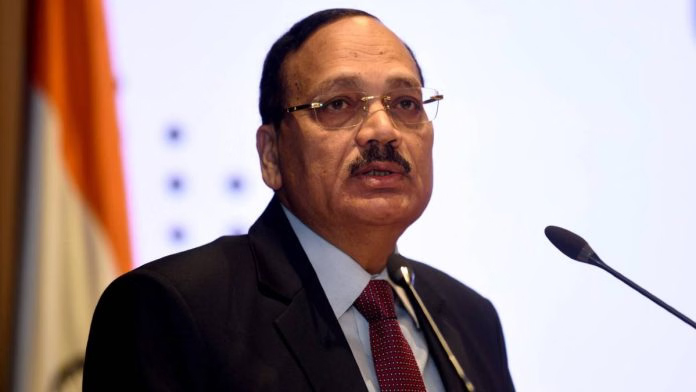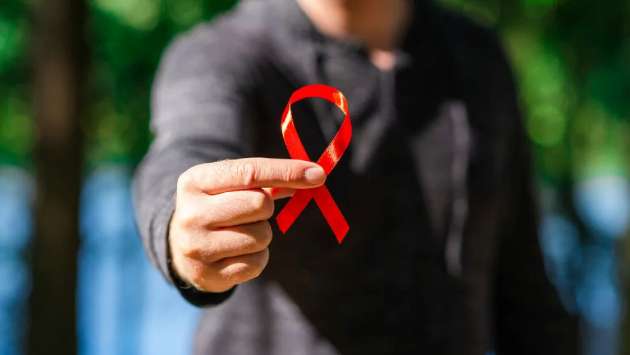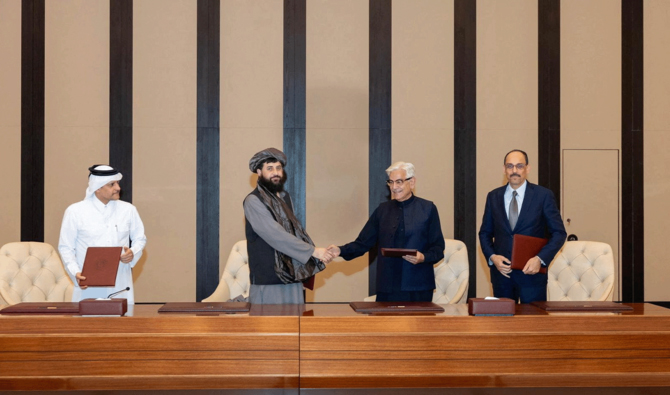
New Delhi : India’s next Chief Justice of India (CJI), Justice Surya Kant, has called for strengthened collaboration between India and Sri Lanka to safeguard the Indian Ocean, emphasising that environmental cooperation is not a matter of charity or diplomacy but a necessity for survival.
Addressing an event at the University of Colombo during his three-day visit to Sri Lanka, Justice Kant highlighted the historical significance of the seas between India and Sri Lanka, noting that they were once arteries of exchange—carrying faith, culture, and ideas.
“The time has come for India and Sri Lanka to pioneer a regional model of environmental constitutionalism,” he said, urging both nations to lead by example in protecting the marine ecosystem.
Justice Kant also announced that a delegation of Sri Lankan Supreme Court judges would visit India later this year or in early 2026, describing the initiative as a step to strengthen judicial dialogue and institutional collaboration between the two countries.
Highlighting the ecological interdependence of India and Sri Lanka, Justice Kant described the Indian Ocean as a historic bridge connecting the peoples of both nations through culture, faith, and shared ecosystems.
He warned that “beneath the calm turquoise waters of the Palk Strait lie signs of ecological vulnerability—oil spills drifting across shores, coral reefs bleaching under shared warming currents, and fishing communities whose livelihoods hinge on decisions taken in two capitals.”
He highlighted how the Palk Bay and Gulf of Mannar, once biodiversity hotspots, are now under severe stress from overfishing, destructive trawling, and unregulated coastal activity. The recurring confrontations between Indian trawlers and Sri Lankan fishers, he said, “epitomise a deeper ecological tragedy—competition for an exhausted resource base.”
Justice Kant also highlighted the impacts of climate change, such as saltwater intrusion, microplastic buildup, and uncoordinated disaster responses, urging both nations to engage in joint monitoring and data sharing.
Describing the judiciary as a “moral and constitutional guardian” of ecological balance, Justice Kant underscored that both India and Sri Lanka have advanced robust environmental jurisprudence.




